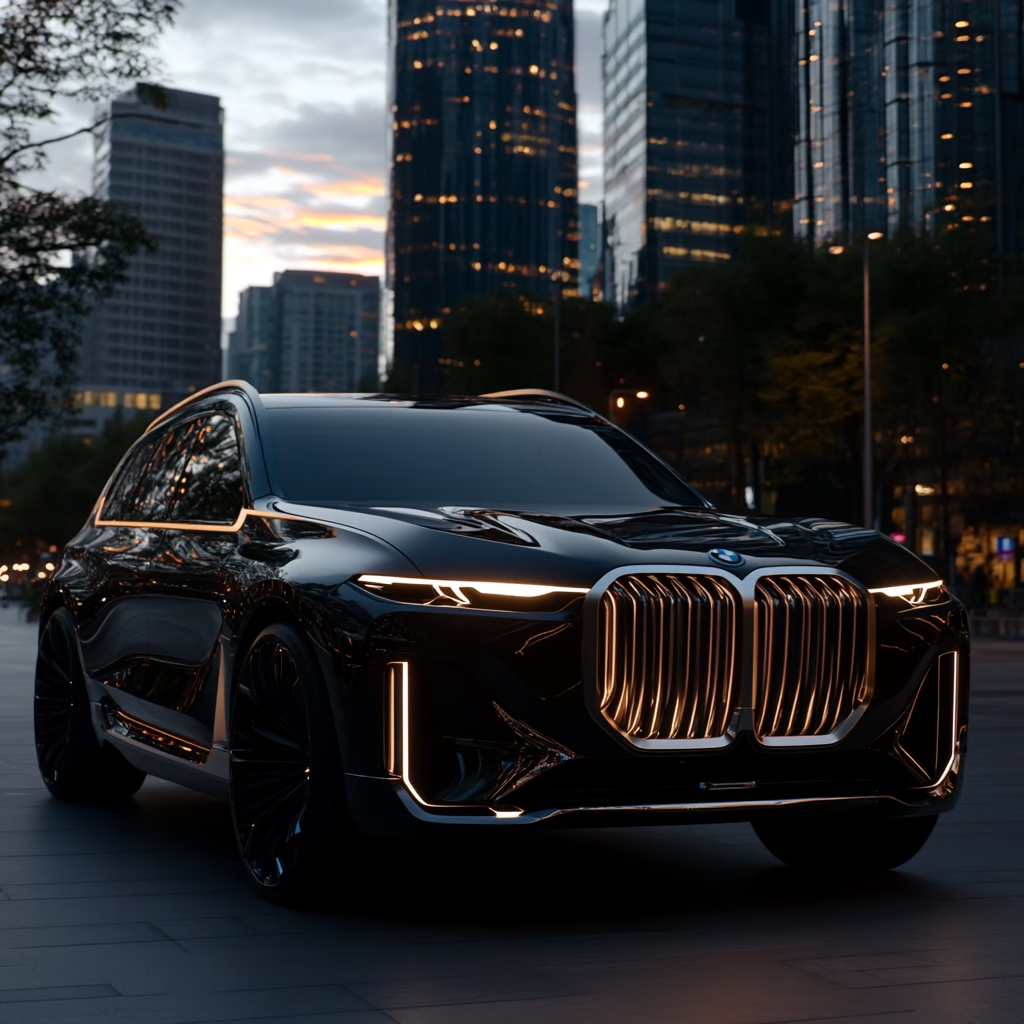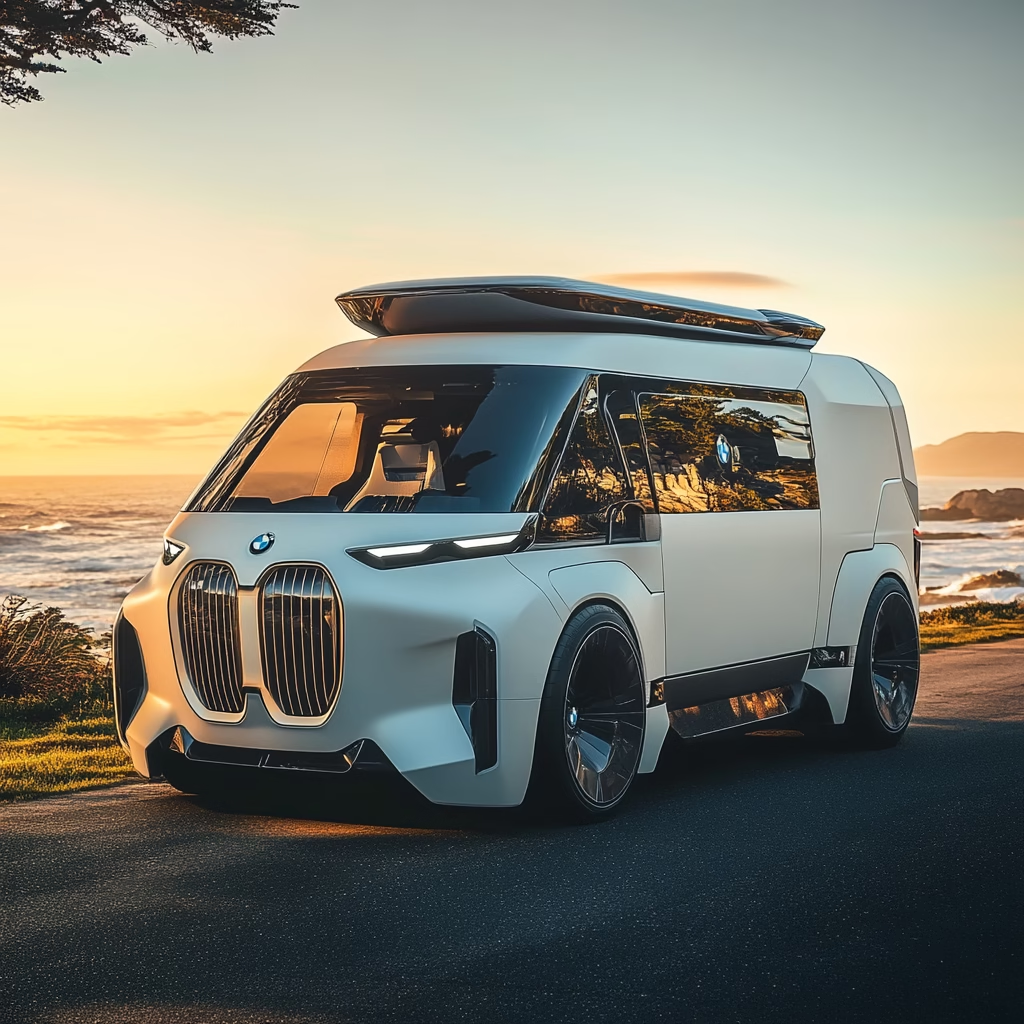The BMW Z4 has long stood as a testament to the German automaker’s commitment to creating exhilarating open-top driving experiences. With its sleek profile, driver-focused cockpit, and powerful engine options, the Z4 has earned its place among BMW’s most beloved sports cars. But as automotive trends shift toward electrification and the sports car market evolves, many enthusiasts and industry watchers are asking: what does the future hold for the BMW Z4?
The Current BMW Z4: A Brief Overview
Before we look ahead, let’s understand where the Z4 stands today. The current G29 generation Z4, introduced in 2018, marked a return to the model’s soft-top roots after the previous generation’s retractable hardtop. Co-developed with Toyota (which used the platform for its revived Supra), the current Z4 offers a choice between a turbocharged four-cylinder engine in the sDrive30i and a more powerful inline-six in the M40i variant.
The Z4 today embodies BMW’s “ultimate driving machine” ethos with precision handling, potent powertrains, and a driver-centric design. However, with this generation now approaching the latter half of its lifecycle, rumors and speculation about the BMW Z4 future have begun circulating throughout the automotive world.
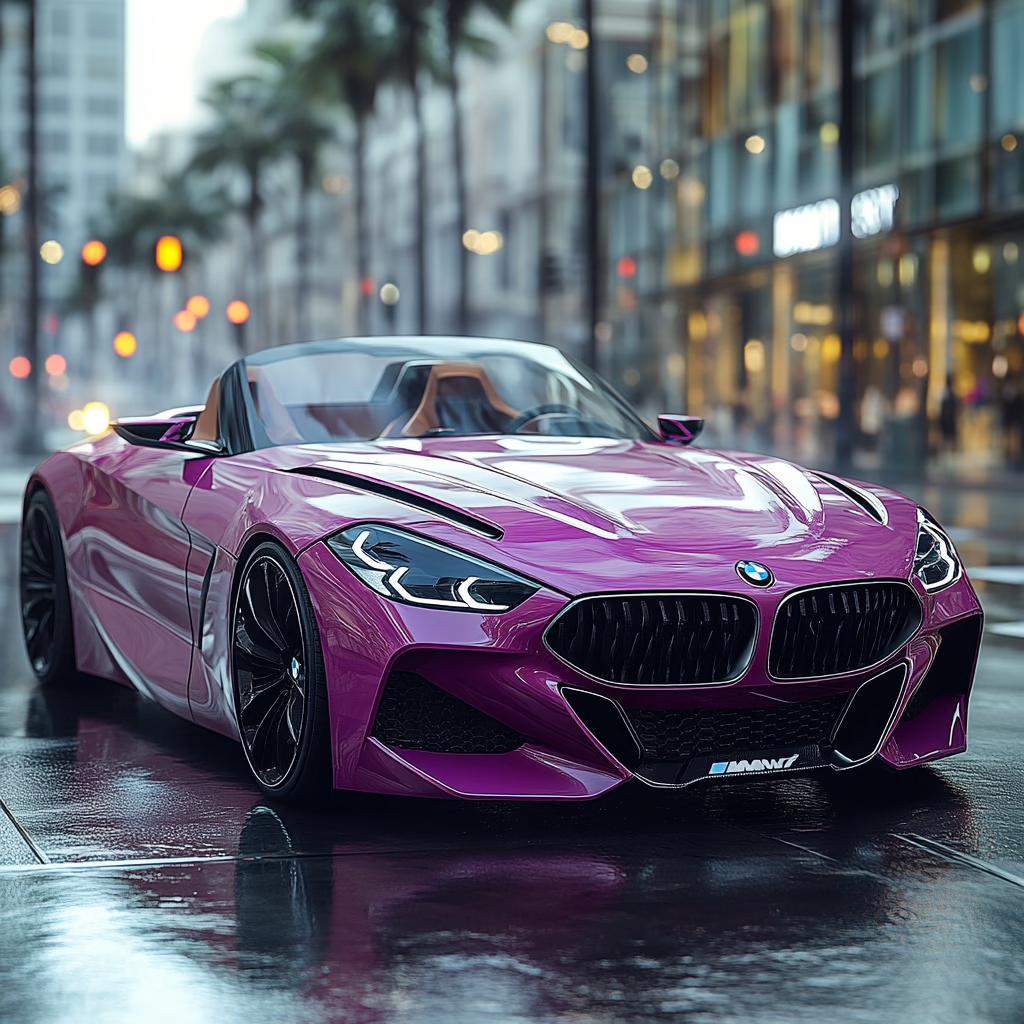
Market Challenges Facing the BMW Z4 Future
The roadster segment has faced significant challenges in recent years, with declining sales affecting nearly all manufacturers. Several factors contribute to this trend:
- Shifting consumer preferences toward SUVs and crossovers
- Practicality concerns that limit two-seater roadsters to “second car” status
- Tightening emissions regulations that put pressure on performance-oriented vehicles
- Manufacturing complexities that make roadsters less profitable compared to volume models
These market realities have already claimed several of the Z4’s traditional competitors, including the Mercedes SLC and Audi TT Roadster, both of which have been discontinued without direct replacements announced. This challenging landscape inevitably raises questions about the BMW Z4 future and whether the iconic roadster will continue in BMW’s lineup.
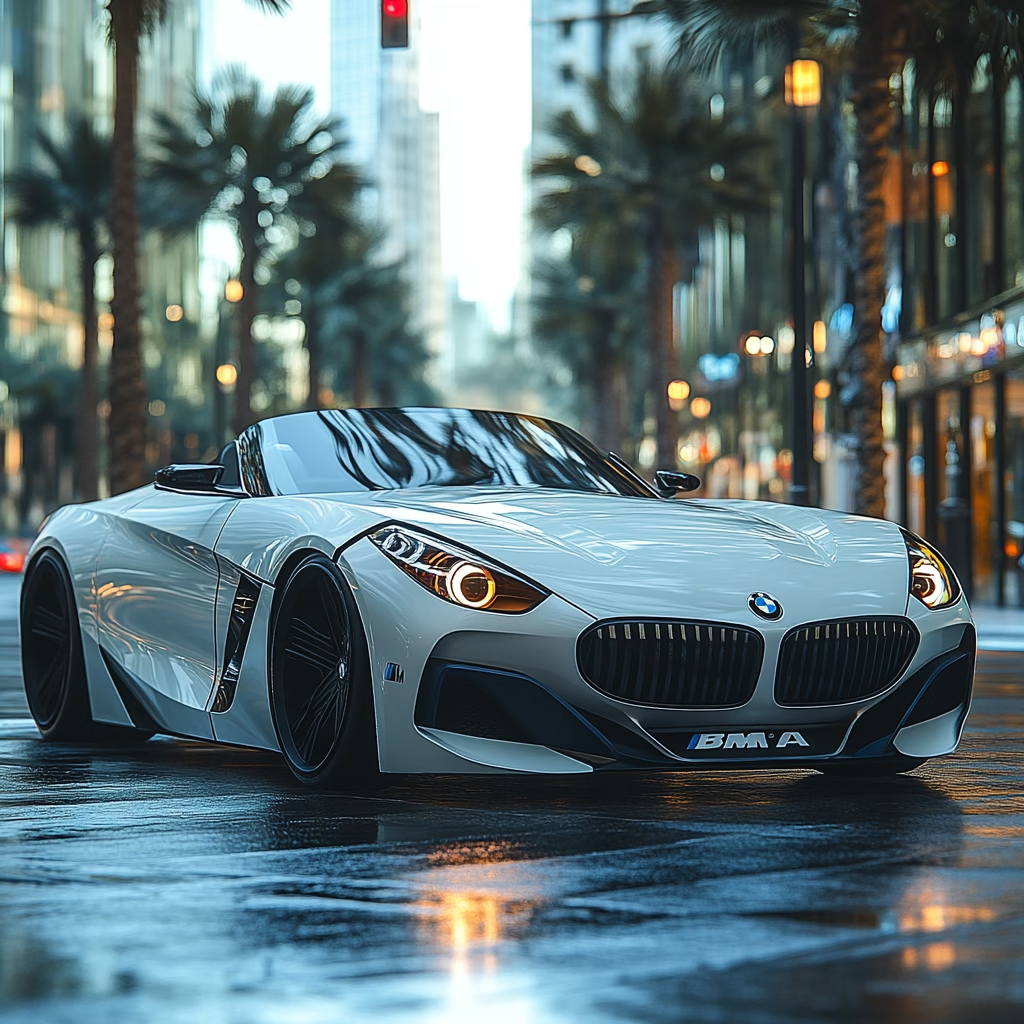
Electrification: The Key to the BMW Z4 Future?
BMW has committed to a significant electrification push across its lineup, with plans to have at least 25 electrified models by 2025. Where does the Z4 fit within this strategy?
Industry insiders suggest that any future BMW Z4 will almost certainly feature some level of electrification. This could take several forms:
Mild Hybrid Technology
The most conservative approach would integrate 48-volt mild hybrid systems into conventional gasoline engines, improving efficiency while maintaining the traditional driving characteristics Z4 enthusiasts appreciate. This technology could reduce emissions while adding a performance boost through electric torque-fill at low RPMs.
Plug-in Hybrid Possibilities
A more substantial step would be developing a plug-in hybrid (PHEV) variant that combines a smaller combustion engine with an electric motor and battery pack capable of providing 30-50 miles of all-electric range. This approach would maintain the long-distance touring capability of the Z4 while significantly reducing emissions during daily driving.
Fully Electric Z4
The most radical evolution would be a fully electric BMW Z4. BMW’s experience with the i4 and other EVs in its growing portfolio provides the technological foundation for such a vehicle. An electric Z4 could offer instantaneous torque delivery and potentially even better weight distribution than the current model, though range anxiety and charging infrastructure remain concerns for a touring roadster.
According to sources familiar with BMW’s product planning, the company is leaning toward the plug-in hybrid approach for the next generation Z4, should it move forward, allowing the model to meet increasingly strict emissions standards while preserving the character of a sports car.
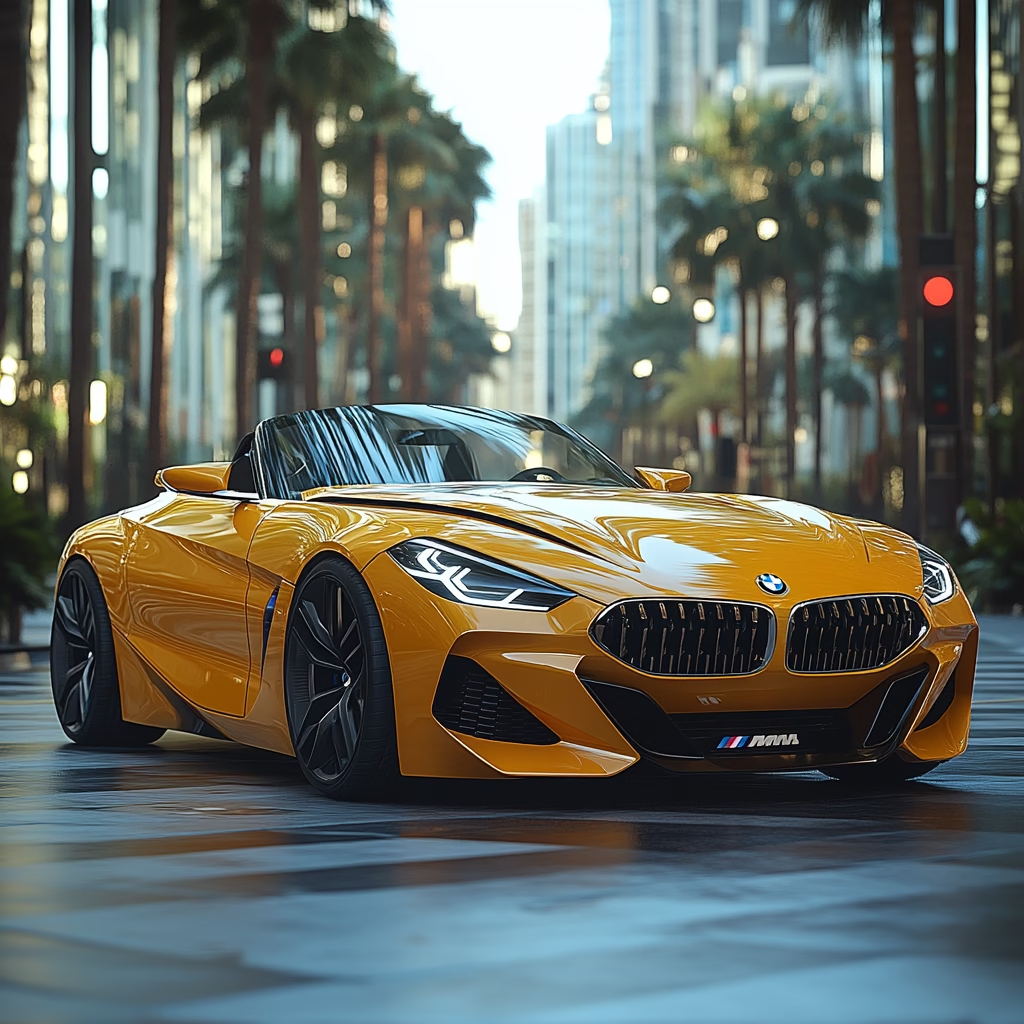
Design Evolution: Reimagining the Z4 for a New Era
BMW’s design language has evolved dramatically in recent years, with more angular elements and larger kidney grilles becoming signature elements. How might these trends influence the BMW Z4 future?
Design patents and concept vehicles suggest that BMW is exploring several possibilities:
- A more aggressive stance with wider proportions and more pronounced fenders
- Sleeker lighting elements incorporating the latest LED and laser light technology
- Interior designs that blend digital interfaces with driver-focused traditional controls
- Active aerodynamic elements that adjust based on speed and driving conditions
BMW design chief Domagoj Dukec has hinted that future sports cars from the brand will emphasize “emotional connection” while embracing new technologies. This suggests that while the Z4’s appearance may evolve significantly, its mission as an emotional, driver-focused machine will remain intact.
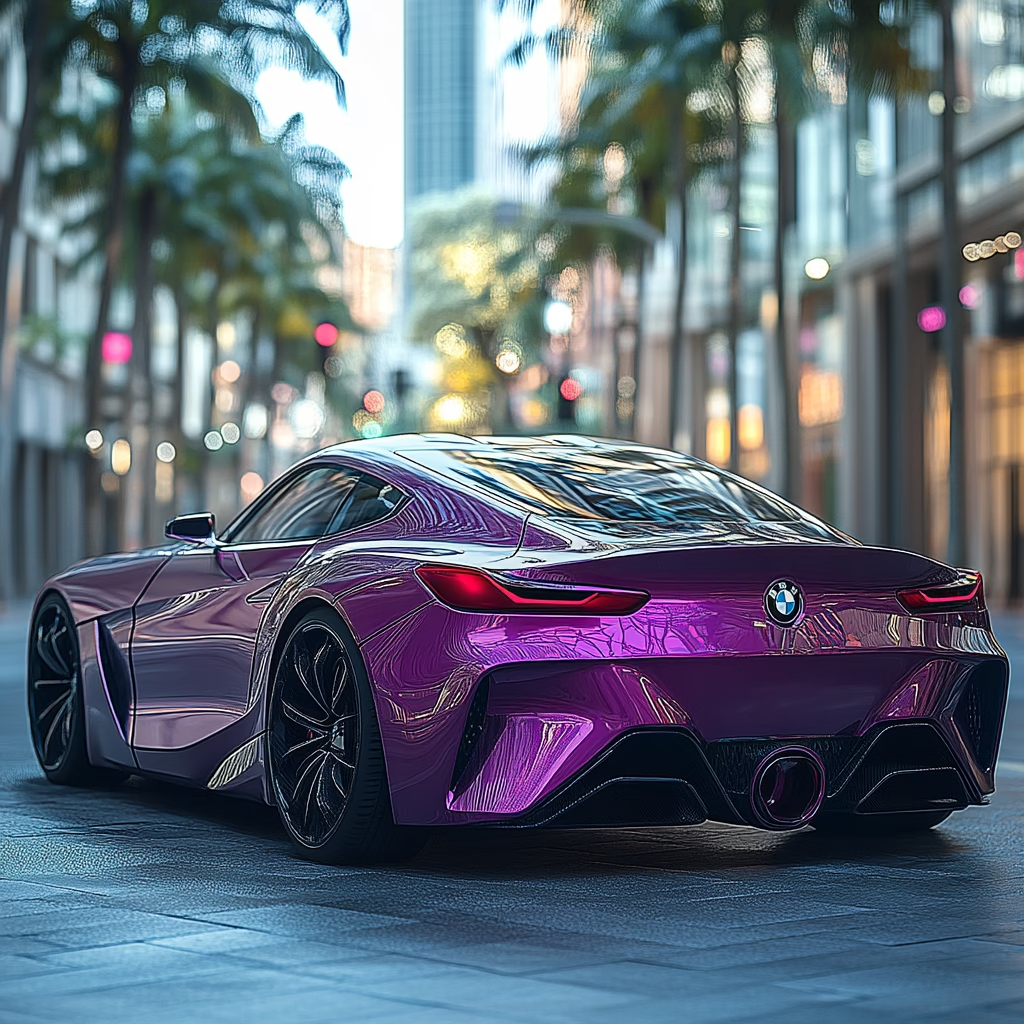
Technology Integration in the BMW Z4 Future
The next-generation Z4, if approved, would likely serve as a showcase for BMW’s latest technology. Key areas of advancement could include:
Advanced Driver Assistance Systems
While the Z4 has always been about the driving experience, modern safety expectations would likely push BMW to incorporate its latest driver assistance features. These could be implemented with an emphasis on enhancing rather than replacing the driving experience.
Connected Services
The future BMW Z4 would almost certainly feature enhanced connectivity, including over-the-air updates, advanced navigation with charging station integration (for electrified variants), and seamless smartphone integration.
Performance-Enhancing Tech
Adaptive suspension systems, torque vectoring, and potentially even rear-wheel steering could make the next Z4 both more comfortable during cruising and more capable during spirited driving.
Innovative Materials
To offset the weight of additional technology and potential battery systems, BMW may rely more heavily on carbon fiber and other lightweight materials, building on expertise gained through its i-brand vehicles.
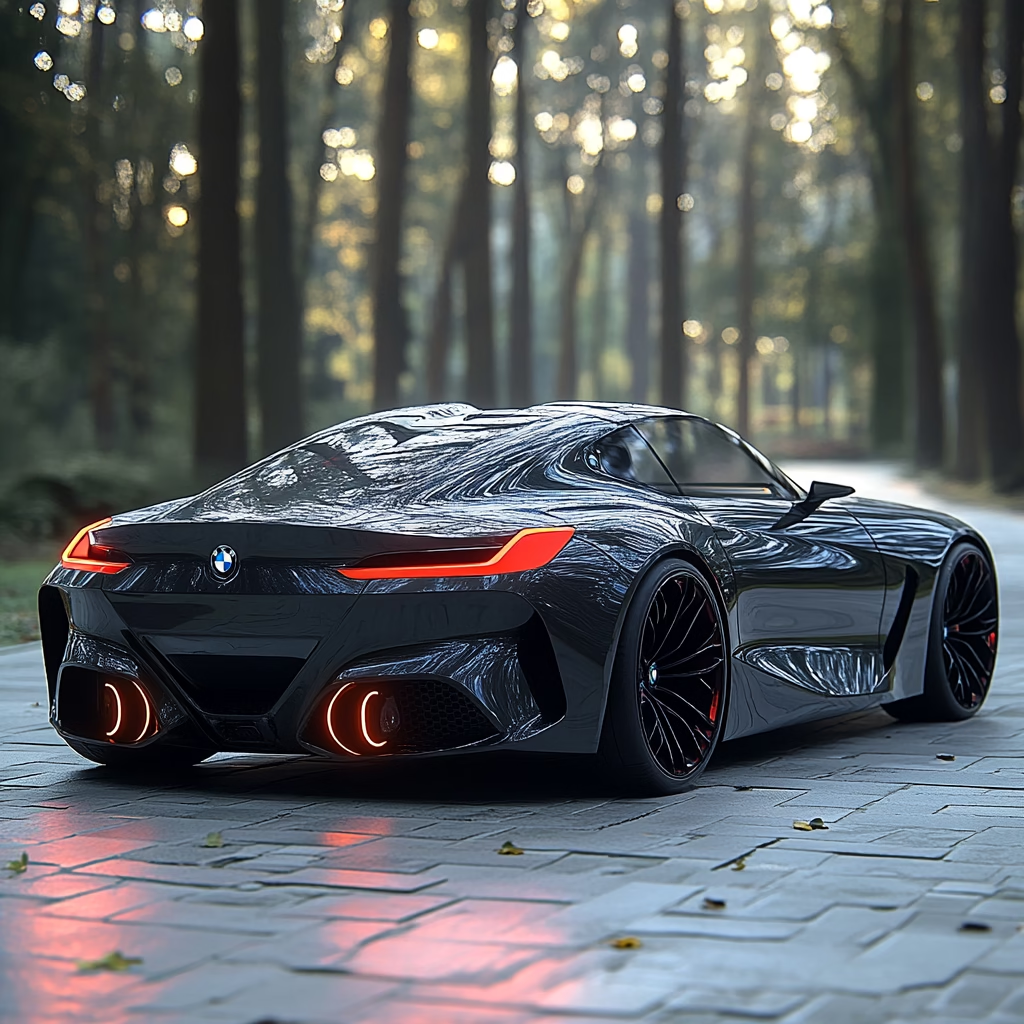
Potential Partnerships: The Key to Sustainability
The current Z4’s development partnership with Toyota proved that collaboration can yield excellent results while managing development costs. For the BMW Z4 future to be viable, similar partnerships may be necessary.
Rumors within the industry suggest BMW is exploring several possibilities:
- Continuing the Toyota partnership for a next-generation platform
- Sharing components with other BMW models to improve economies of scale
- Developing a flexible architecture that could underpin multiple low-volume sports cars within the BMW Group, potentially including models from MINI or even Rolls-Royce
The economics of these partnerships will likely play a decisive role in determining whether a new Z4 moves beyond the planning stages.
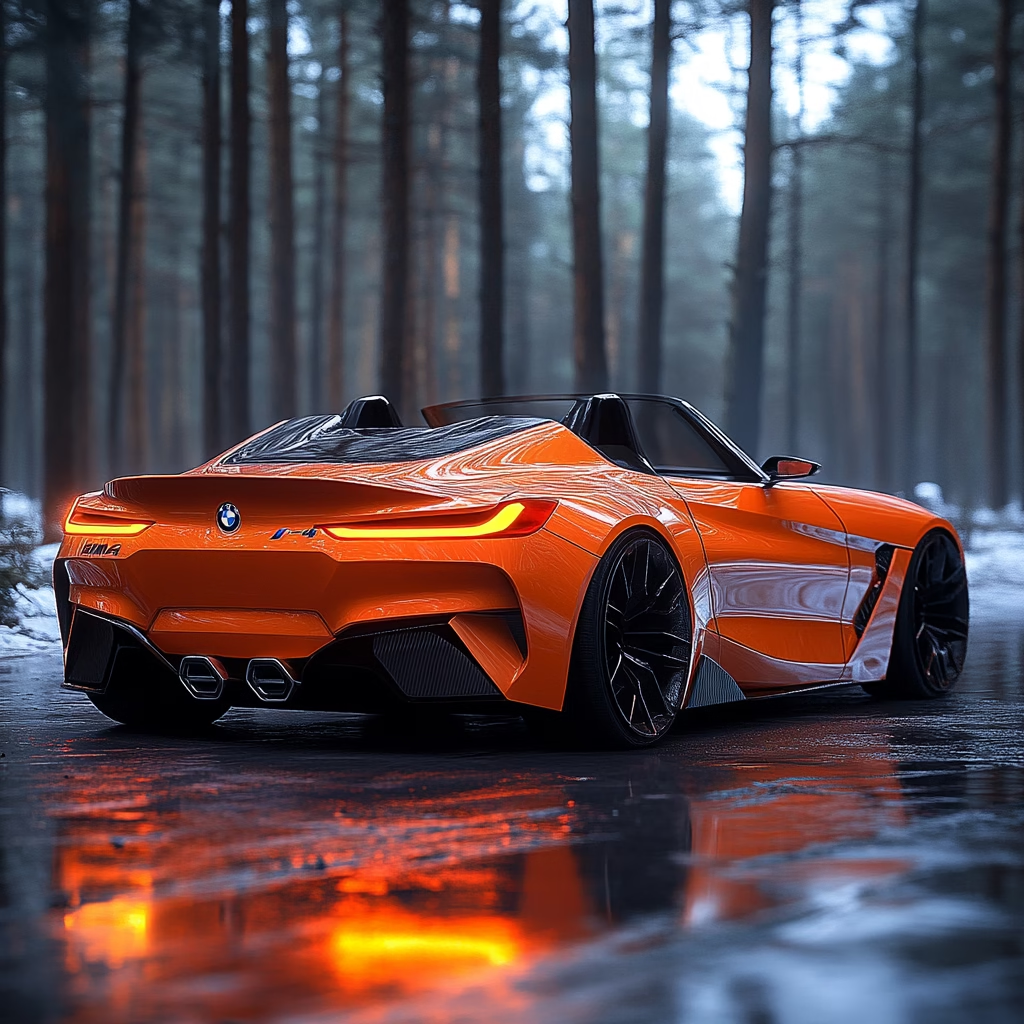
Timeline for the BMW Z4 Future
Based on BMW’s typical product lifecycles and information from industry sources, we can make some educated guesses about the timeline for the BMW Z4 future:
- 2023-2024: Mid-cycle refresh for the current G29 Z4
- 2025-2026: Decision point for the next-generation Z4 development
- 2027-2028: Potential launch window for a new Z4, if approved
This timeline remains fluid, as BMW will undoubtedly adjust its plans based on market conditions, regulatory changes, and technological developments.
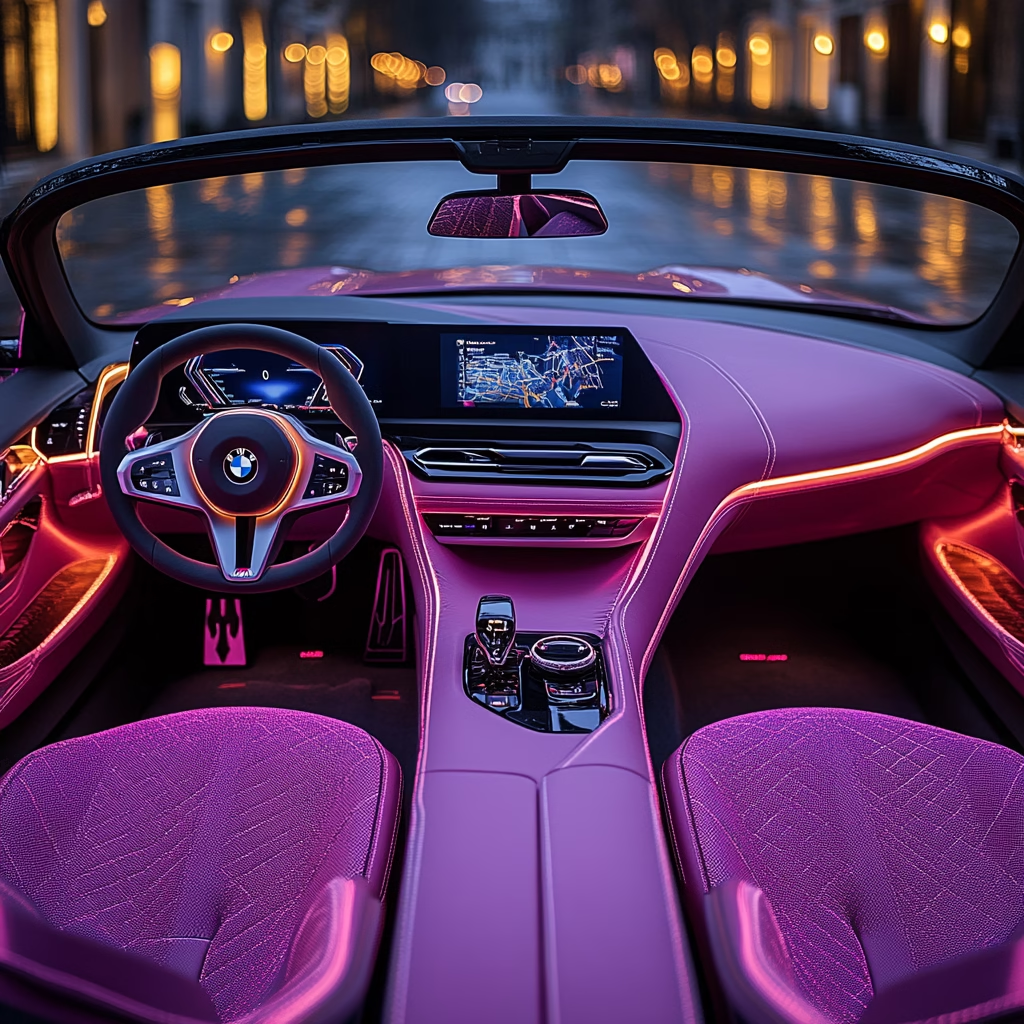
Will There Be Another BMW Z4?
The question that looms largest is whether BMW will continue the Z4 lineage at all. Several factors suggest the Z4 may have a future:
- Brand heritage — The Z series has been an important part of BMW’s performance image
- Halo effect — Sports cars like the Z4 create excitement that benefits the entire lineup
- Technological showcase — A new Z4 could demonstrate BMW’s latest innovations
- Enthusiast loyalty — The passionate Z4 community provides a built-in market
However, challenges remain significant:
- Business case — Roadsters are low-volume, high-development-cost propositions
- Regulatory hurdles — Increasingly strict emissions standards are particularly challenging for performance vehicles
- Shifting priorities — Resources dedicated to electrification may leave little for niche models
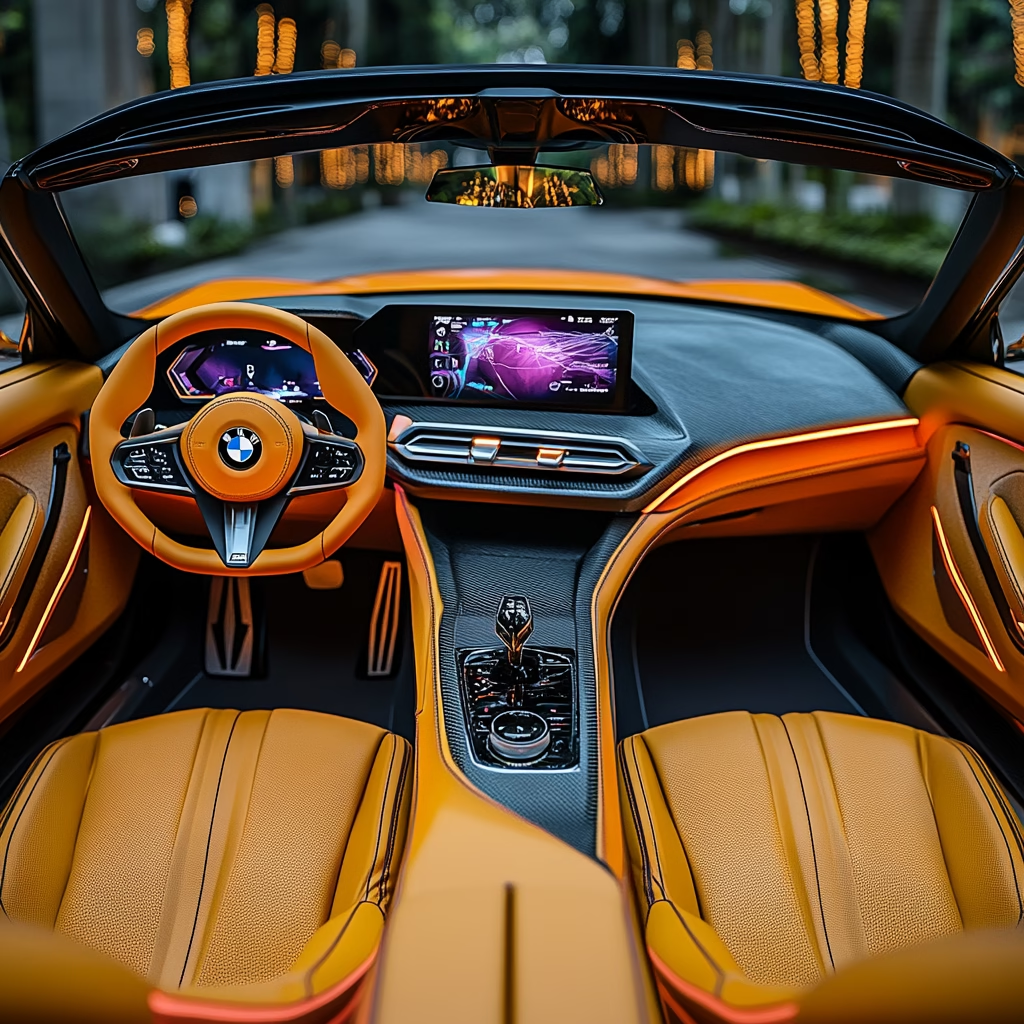
Conclusion: The BMW Z4 Future in Perspective
The BMW Z4 future stands at a crossroads. As the automotive landscape transforms, BMW must balance tradition with innovation, driving excitement with environmental responsibility, and emotional appeal with business realities.
The most likely scenario appears to be a hybrid approach — both in powertrain technology and in business strategy. A next-generation Z4 would almost certainly feature electrification in some form, would likely be developed through strategic partnerships, and would need to appeal to both traditional enthusiasts and a new generation of drivers.
While challenges abound, BMW’s commitment to driving pleasure and the emotional connection owners have with models like the Z4 suggest the roadster still has a fighting chance. The BMW Z4 future may look very different from its past, but the core values that have made it special — open-top thrills, responsive handling, and head-turning design — will likely remain at the heart of any successor.
As we wait for official announcements about the BMW Z4 future, one thing remains clear: whatever form it takes, BMW’s roadster will continue to represent the freedom and joy that only open-top motoring can provide.


